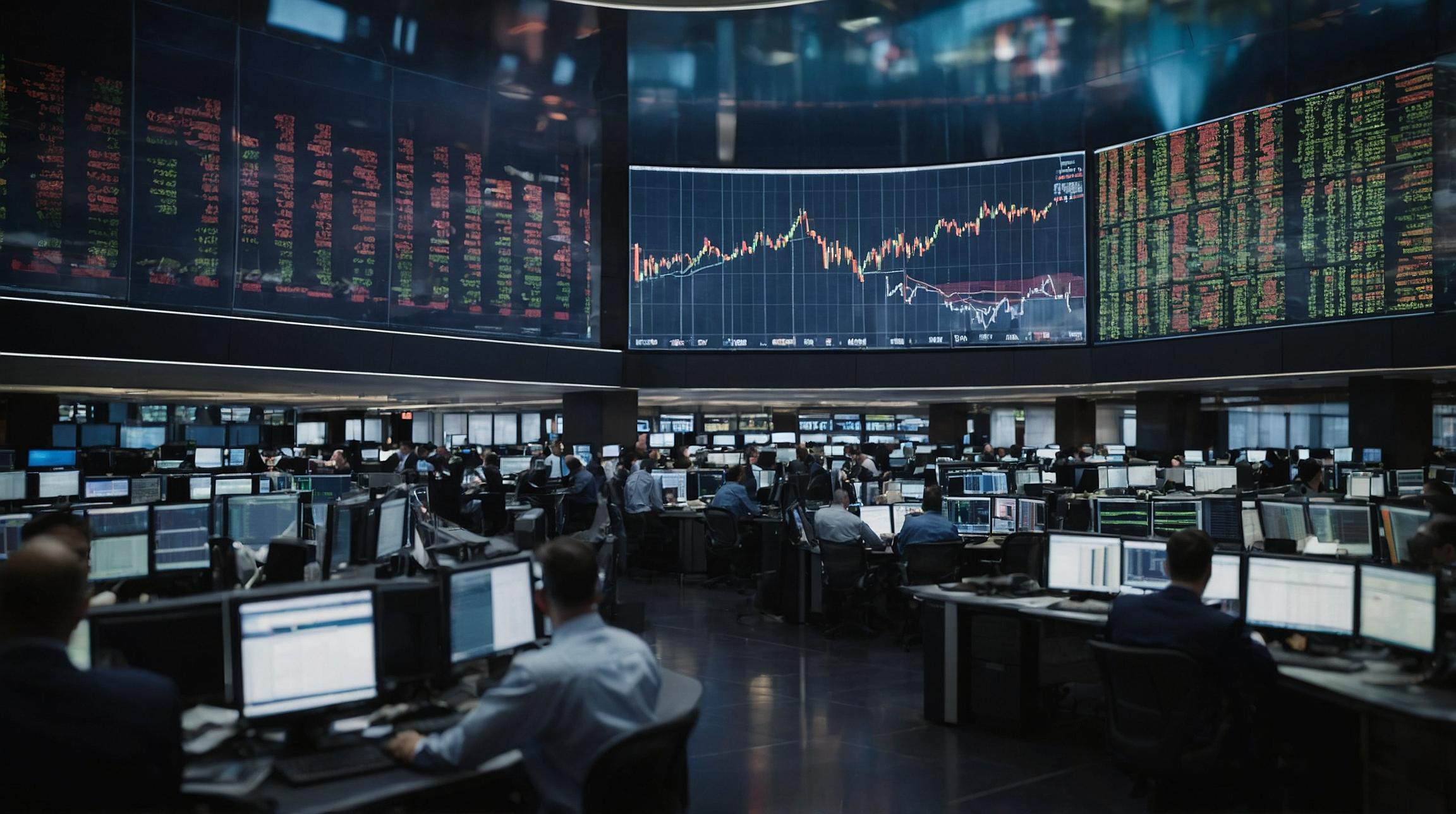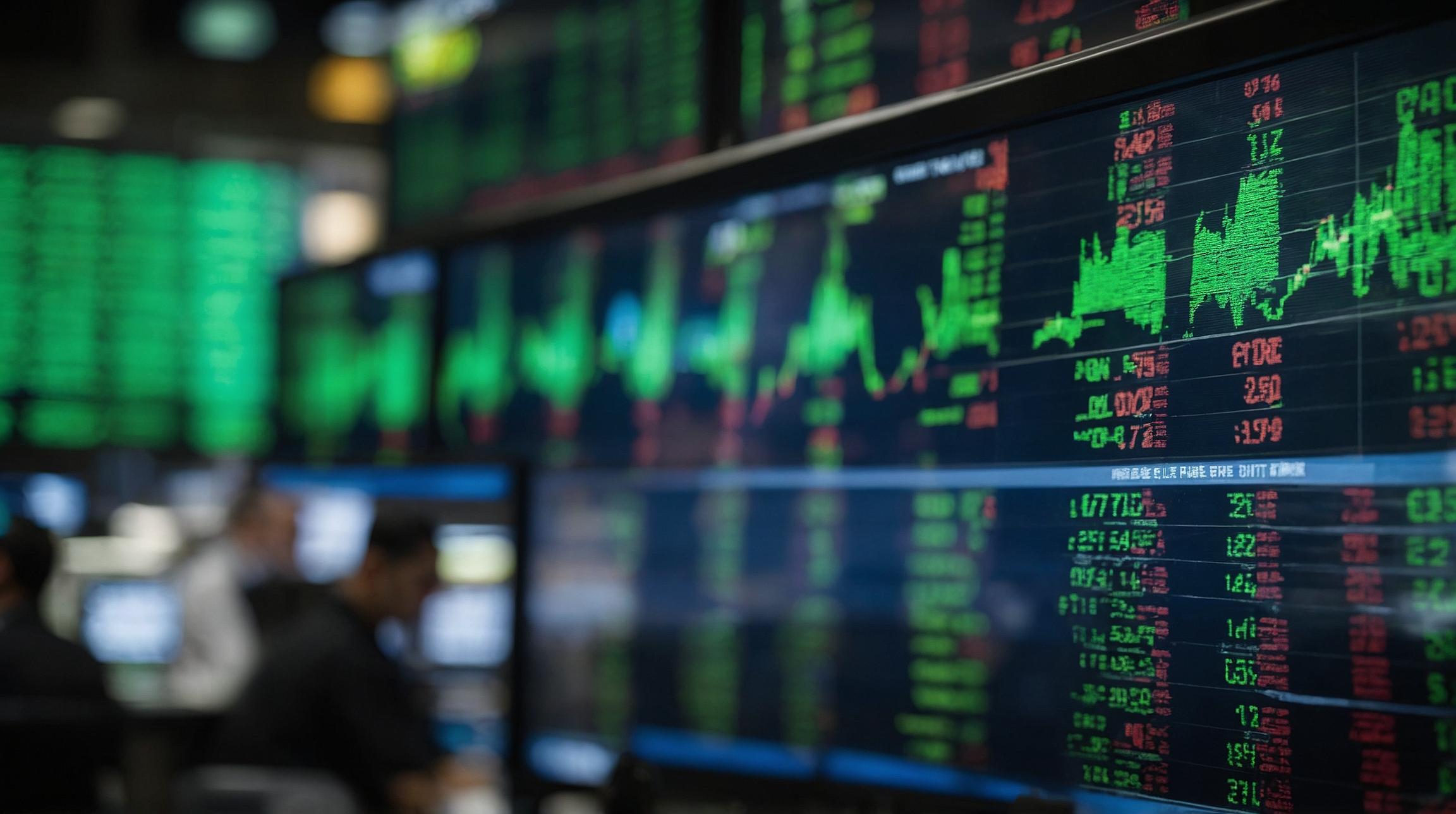Blockchain: A Game Changer for Supply Chain Transparency
In the ever-evolving landscape of global trade, the quest for supply chain transparency has taken a revolutionary turn with the integration of blockchain technology. As businesses and consumers alike demand higher levels of accountability and efficiency, blockchain emerges as a pivotal tool in redefining supply chain management.
Unveiling the Power of Blockchain
At its core, blockchain technology offers an immutable, decentralized ledger system that ensures unparalleled transparency and security. By allowing multiple parties to access and verify information, blockchain creates an ecosystem of trust that traditional systems have struggled to achieve. This feature is particularly crucial in sectors where provenance and authenticity are of paramount importance, such as in the pharmaceutical and food industries.
Transforming Supply Chains with Accountability
Blockchain's application in supply chain management goes beyond mere tracking. It introduces a level of accountability that compels suppliers to adhere to ethical and regulatory standards. From the origin of raw materials to the final delivery of products, every step is traceable, reducing the risk of counterfeiting and fraud. This not only benefits companies by safeguarding their brands but also empowers consumers with the knowledge of exactly what they are purchasing.
Enhancing Efficiency and Reducing Costs
Beyond transparency, blockchain technology significantly enhances operational efficiency. By automating and streamlining verification processes, companies can reduce delays, eliminate paperwork, and cut costs associated with quality control and compliance checks. This increased efficiency can lead to more resilient supply chains, capable of responding agilely to disruptions.
The Future of Supply Chains
As we look towards the future, the role of blockchain in supply chain management is poised for exponential growth. Industry leaders like IBM and Maersk have already embarked on ambitious projects, leveraging blockchain to transform their supply networks. Such pioneering initiatives underscore the potential of blockchain to redefine global supply chains, making them more transparent, efficient, and trustworthy.
The integration of blockchain into supply chain processes is not just a trend; it's a necessary evolution. As businesses continue to navigate the complexities of global trade, blockchain stands out as a beacon of hope, promising a future where supply chains are not just visible but verifiable. This technology heralds a new era of supply chain transparency, one where trust is built into every transaction, ensuring a more ethical and sustainable global market.













